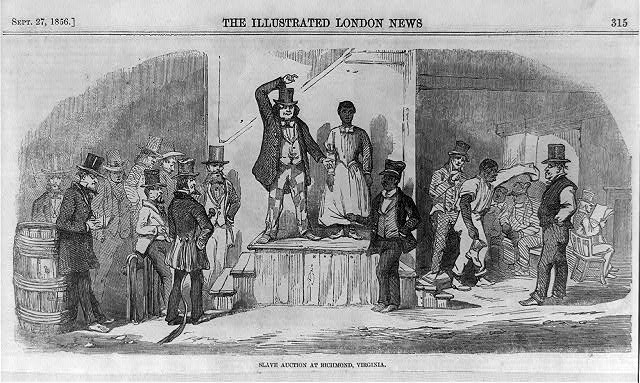
I’m glad I am not a social studies teacher in Florida, because the standards adopted by the state board of education cover 216 pages and touch on a dizzying variety of topics and do so in a very matter-of-fact way. I imagine the average student will feel like the little girl who began her report on a book about dolphins with, “This book told me more about dolphins than I really wanted to know.”
Here’s a link to the standards if you want to take a look: https://www.fldoe.org/core/fileparse.php/20653/urlt/6-4.pdf
The bit about slaves learning useful skills is in there, and it’s quite true. Some enslaved people in some situations were sometimes able to learn skills (carpentry, shoemaking, gardening, cooking, etc.) that sometimes allowed them to benefit their own families and sometimes even to earn a little money.
That’s an interesting fact, but it pales in comparison to the essentially brutal and exploitative nature of American black slavery. If you are going to stipulate some details and not others, you will end up with a very distorted view of history.
The standards seem determined to portray African slavery in the 13 colonies and the new nation in a larger context in which forced labor was just another aspect of life. That’s true as far as it goes, but seems to fall far short of the American exceptionalism also advocated by Florida standards.
Students should be taught that slavery was a horrible system, that it was the underlying cause of a war that nearly destroyed the Union, and that we are still living with its after-effects today. The details can be negotiated, but the big picture needs to be presented clearly.